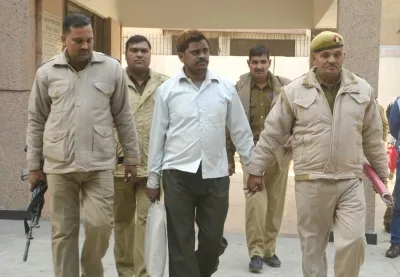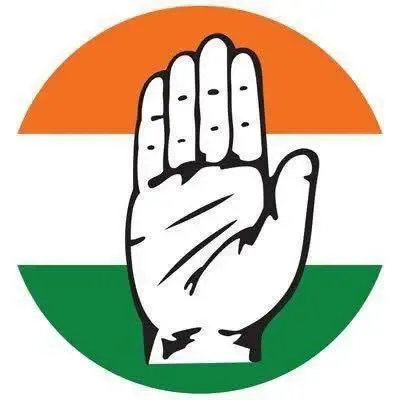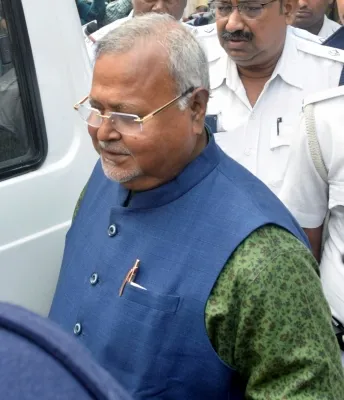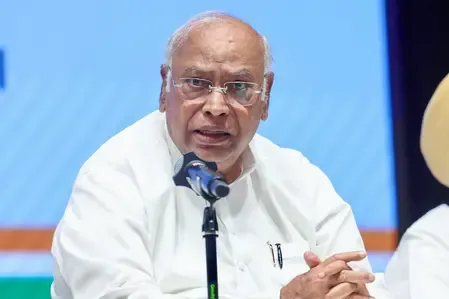Is Surendra Koli, once labeled the ‘Butcher of Nithari,’ truly innocent?

Synopsis
Key Takeaways
- Surendra Koli was released by the Supreme Court after a flawed investigation.
- The case involved 19 criminal charges against him.
- Koli's conviction was based on sensational media narratives.
- Justice was served as Koli was acquitted of all charges.
- The case raises important questions about investigative integrity.
New Delhi, Nov 11 (NationPress) Surendra Koli, a man previously known as the “Butcher of Nithari”, was released by the Supreme Court on Tuesday after his curative petition was accepted, marking an end to a lengthy ordeal characterized by a flawed investigation and sensational media narratives surrounding allegations of cannibalism.
A panel of judges including Chief Justice B.R. Gavai and Justices Surya Kant and Vikram Nath declared Koli free, despite his involvement in 19 criminal cases, alongside his co-defendant, Mohinder Singh Pandher, who has also been acquitted.
In delivering the verdict, Justice Vikram Nath stated, "The curative petition is allowed." Koli, aged 53, is now free to leave prison as he has been acquitted in all other matters.
The notorious Nithari killings drew significant public interest after young children went missing from the village, which was linked to the discovery of human remains in a drain near Pandher's residence in Noida Sector-31, infamously dubbed the “House of Horrors”.
The investigation, rife with allegations of abduction, rape, cannibalism, and organ theft, culminated in 19 cases, leading to some convictions and a death sentence for Koli.
Koli, who worked as a domestic help, and his employer Pandher, were initially convicted in 2007. The CBI later filed closure reports for three cases due to lack of evidence. Koli was found not guilty in three of the remaining 16 cases, while his death sentence in one case was reduced to life imprisonment.
In 2015, the Allahabad High Court commuted his death sentence to life imprisonment due to delays in addressing his mercy petition. By 2023, the court declared both Koli and Pandher not guilty, citing that the prosecution failed to establish their guilt "beyond a reasonable doubt" and criticized the investigation as "botched up".
On Tuesday, the Supreme Court granted Koli a fresh start, lifting all remaining sentences against him.
The case was initially investigated by Noida police but was later transferred to the CBI, which recorded a total of 19 FIRs related to the alleged serial killings.








